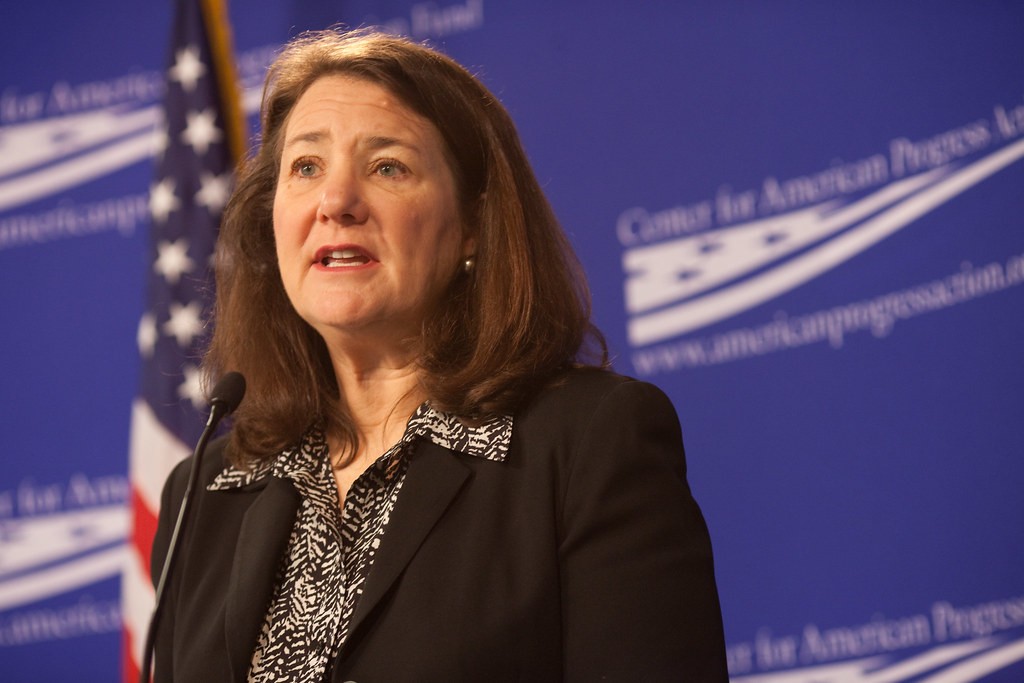Since President Donald Trump took office, the number of inspectors tasked with ensuring the safety of drugs imported into the United States declined by more than 10 percent, leaving lawmakers to question the quality of imported prescription drugs, which account for about 40% of prescription drugs used in the U.S.
Prior to the Trump administration, the number of inspectors in the Food and Drug Administration’s (FDA) foreign inspection program — which oversees hundreds of drug manufacturing companies overseas — increased as more Americans sought cheaper alternatives for medications.
Now, with a shortage of inspectors and the nearly three years it takes on average for new hires to be trained, lawmakers are considering whether to expand their current efforts under the Mutual Recognition Agreement — a partnership between the FDA and the European Union.
Rep. Diana DeGette (D-CO), chair of the House Energy and Commerce Subcommittee on Oversight and Investigations, signaled support for such investments during a hearing Dec. 10.
“These challenges take on real meaning when we see reports of potentially unsafe products in the market,” DeGette said during her opening remarks.
The Mutual Recognition Agreement allows American inspectors to invest more time and resources in countries like China and India, where 40% of imported drugs are manufactured, by accepting the results of inspections by investigators from the European Union. The agreement does not allow the FDA, however, to accept the findings of European investigators in other countries.
A report by the Government Accountability Office (GAO) raised concerns about the FDA’s lack of oversight as nearly 60 percent of establishments manufacturing drugs for the U.S. are overseas.
Dozens of vacancies throughout the FDA also raised questions about the agency’s ability to conduct effective inspections of drugs that the United States imports.
DeGette also raised concerns about the FDA’s policy of providing overseas drug manufacturers with advanced notice prior to an inspection, as well as barriers in language and the availability of translators.
“With more and more drugs being made overseas, it is imperative that we do everything we can to ensure those drugs are both safe and effective for Americans to use,” DeGette said.
The GAO’s report found that the FDA often sends a single inspector to manufacturers abroad and requires a translator to assist them, raising concerns about the accuracy of information that is collected by investigators.
What alarmed the GAO in particular was that the FDA will announce a foreign inspection up to 12 weeks in advance.
“Unlike in the United States, where an establishment has no notice that an investigator is coming, the FDA routinely gave foreign manufacturers significant notice,” Dr. Mary Denigan, director of health care with the GAO, charged.
Dr. Janet Woodcock, director of the FDA’s Center for Drug Evaluation and Research, defended the agency’s policy and cited the need to account for travel and other operational costs before an investigation abroad.
“People don’t necessarily want to move their families overseas to some area in India for many years,” Woodcock explained, suggesting that partnerships in other countries similar to that of the European Union could provide the needed oversight of imported drugs.
The Mutual Recognition Agreement, Woodstock added, “has enabled us to focus more of our investigator work force on higher-risk facilities around the world.”




